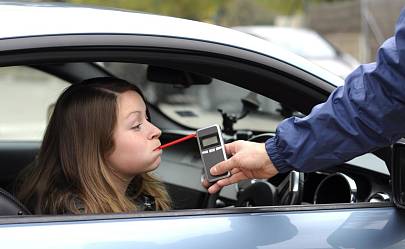Although fraud and deception exist in every used car market, you still should be able to be competetive. You may be surprised to learn that it's possible to sell a car honestly and still make a profit.
Writing an advert is a sales pitch
Of course, it is the advert that will bring the buyers to you. So let's take a quick look at the points that will help you create a good advert:
- Take lots of good quality photos in natural light, on a good camera, with no blur. If there are small problem areas (scratches, a hole in the upholstery), take photos so that they are not visible. Remember that the first impression should be the best, and you can always point out minor imperfections when you meet.
- A detailed text in several languages. Ideally, of course, in 3: Greek, English and Russian, but so few people do. The pair "Greek - English" will work best.
- Clear communication times. Be sure to state when you are available to take messages and calls and when you can show the car.
- Slightly overpriced. Cypriots love to haggle, so it doesn't hurt to add a few per cent to the price of the car so that there is an opportunity for a discount.
Remember, your big advantage is that you are a private individual, a real person who has driven the car you are selling. You can talk in detail about your "swallow" and this option is much better than a car from the rental park or a taxi.
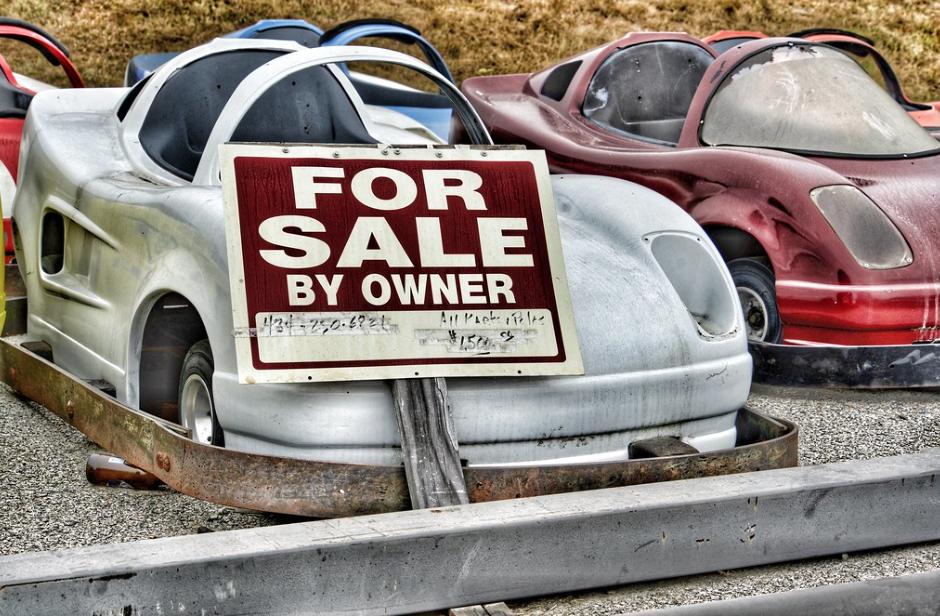
Preparing the car for the viewing
We have written in detail about preparing the car for the show here. To summarise, here are some tips
- Keep the car in good condition to make a good first (and most important!) impression;
- Carry out minor repairs - it is more economical to do this as a serviced car is much easier to sell than a more expensive one;
- Make sure the interior is comfortable and clean;
- Find someone to help you if you lack car mechanics or language skills.
Remember that a first impression is no guarantee that a car will be bought. It is, however, a very important part of the deal.
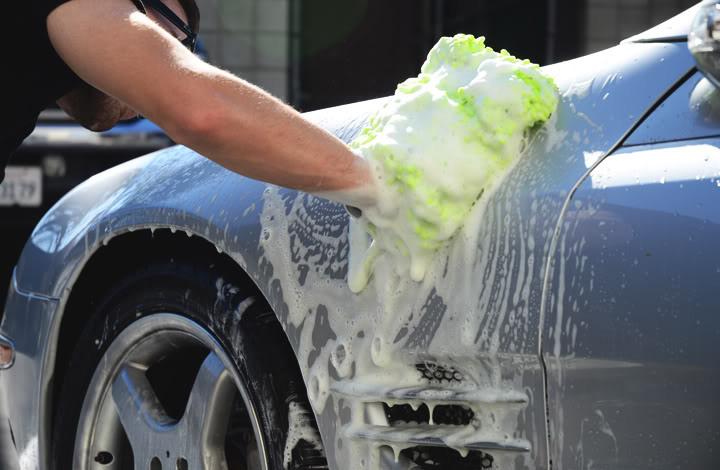
Time and place
So your ad has helped you find potential buyers. Where, how and when should you meet them? You'll probably find it convenient to choose early evenings (after work, when it's still light) or weekends. If you have an unusual working schedule - try to change it a little for the time of the sale, but if this is not possible - state in the ad which days and hours you are available to show the car.
As a location, it is better to choose your own garage, if you have one. Buyers will be able to see where and how the car has been kept, and such information is sometimes useful. It will also be convenient for you to receive several buyers at the same time.
There are rare occasions when buyers ask the seller to drive the car to a "neutral location" or to their home. In this case, it is worth asking for money as a favour - it simply protects you from buyers not turning up at the right time. And this does happen, especially in Cyprus. So in such cases it is better to take a small amount of money for such a favour, if anything it will remain with you as payment for your time.

Should I accept an online viewing? Online viewings are commonplace in the property industry. However, this is rarely the case with cars. However, if a buyer is travelling from a distance, an online viewing can be arranged. Of course, you don't have to charge for it. Rather, it will be a "bridge" for the buyer, who will be sure to come to the "live" show.
First contact with the car - visual inspection
So, the meeting has taken place. Give the buyers as much time as they need for the initial inspection. Some will take a quick look at the bodywork and interior to start asking detailed questions, while others will prefer to open the bonnet and take a long look at the car's interior. At this stage it is better not to burden the buyer with information and either keep quiet or let them talk to the person they came with (or on the phone - it happens).
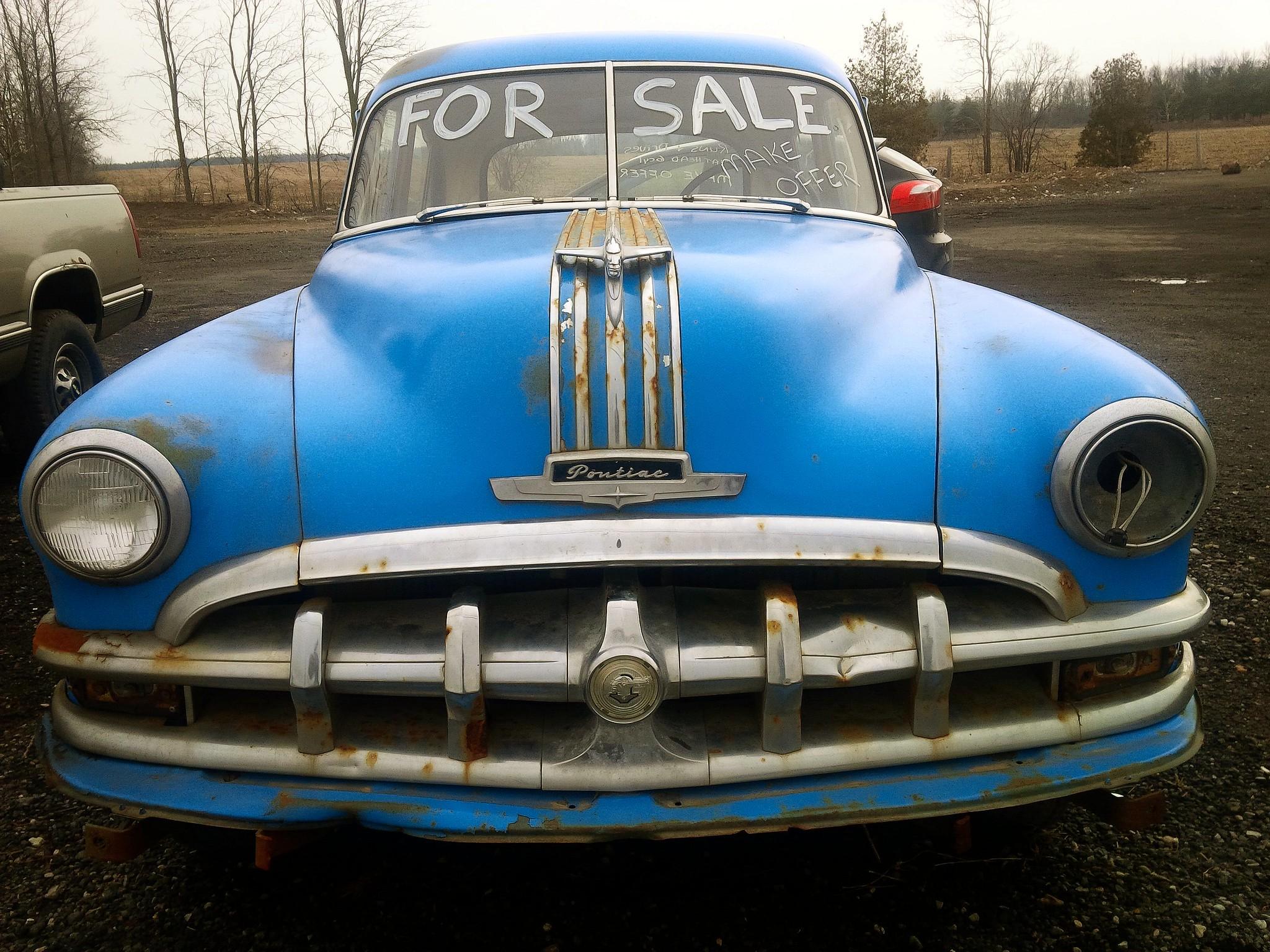
If there are any unnoticed defects or features, be sure to point them out, but do not draw attention to them. The buyer will tell you how he wants to deal with them; it is likely that he will either ask for minor repairs (e.g. scratches) or a discount. Be prepared for both.
Some buyers will ask to go to a garage for a more detailed inspection. There is no need to refuse - but make it clear that the buyer will pay for this. For your part, you have already done the pre-sale preparation and are prepared to offer at least a small discount.
Answering the buyer's questions
The first thing to worry about in negotiations is overcoming the language barrier. If you do not speak Greek or English, make sure you have someone who does.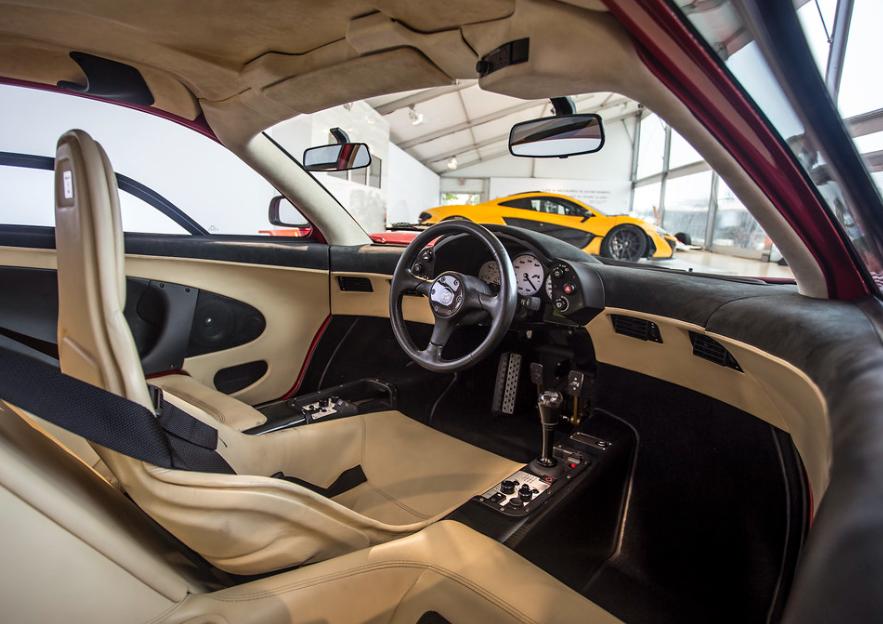 Next, you can prepare answers to common questions in advance: they are usually repeated over and over again. Here they are:
Next, you can prepare answers to common questions in advance: they are usually repeated over and over again. Here they are:
- Has the car been in an accident?
- Reason for sale?
- When and why were repairs carried out?
- Who has driven the car, how often and on what roads?
- Are you prepared to negotiate?
- What are the faults and defects?
- What are the advantages and disadvantages of the model, how often has it broken down?
- Who is the previous owner?
- Has it been upgraded?
- Can you keep it for 2 hours/until tomorrow?
All questions should be answered honestly and calmly. Deception is common in car markets, so frank answers will be most appreciated. Do not be nervous and do not try to please the buyer - you should be on an equal footing.
Regarding the last point about holding back - ask for a small deposit and boldly agree. Without a deposit, you may not have to wait for the buyer to come back (and that's perfectly normal), but you will be wasting your time. And time, as we all know, is money. Therefore, ask for a receipt (better to print it out beforehand) of 30-50 euros. Few people are prepared to part with their money that easily, so if you are prepared to leave a deposit - your intentions are serious; if you are not - it is not worth waiting.
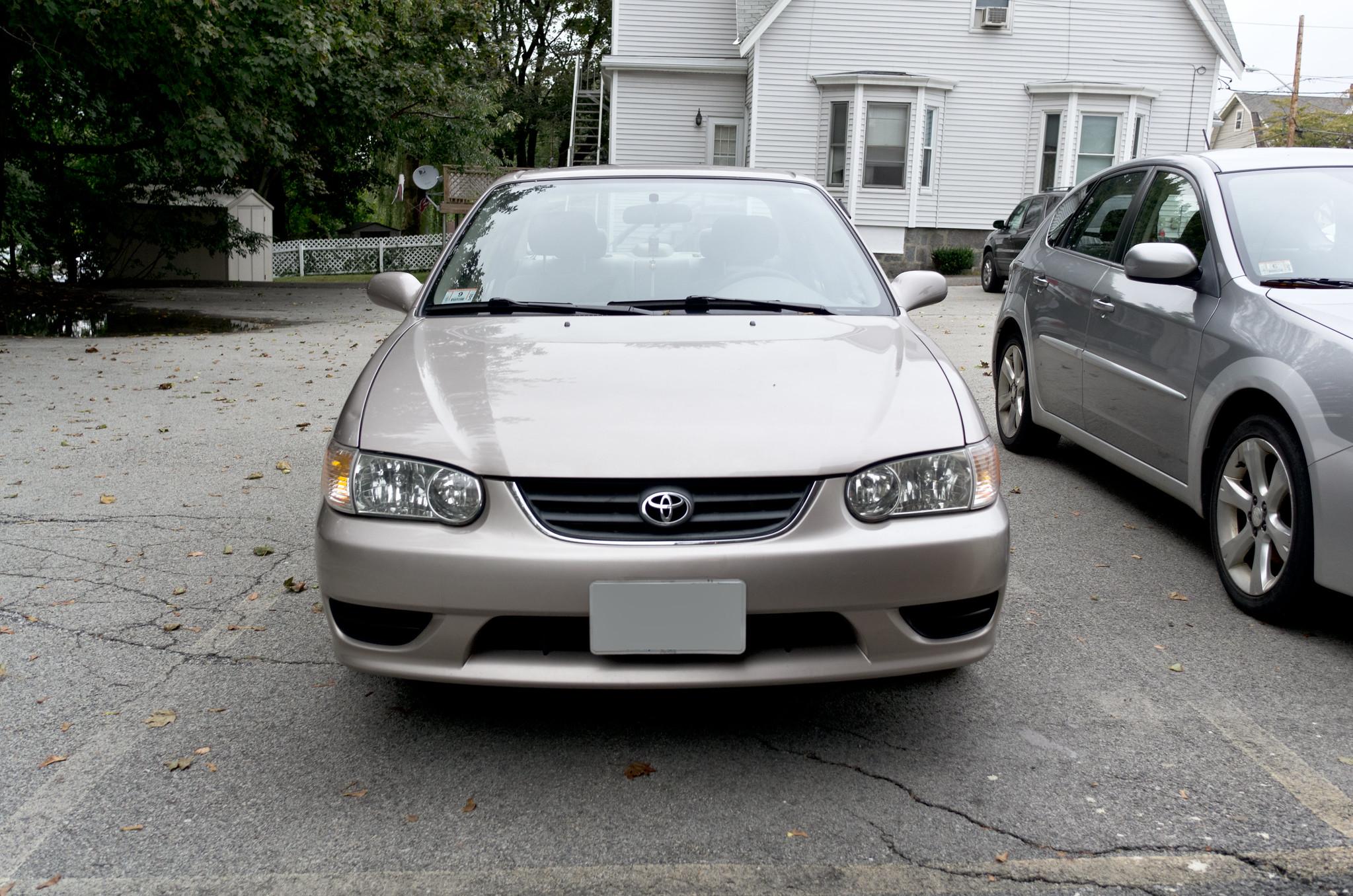
Psychological tricks
The art of selling really is an art that can be learnt. If you feel strong enough to sell your car on your own, without the help of a dealer or assistants, you can use the following tricks:
- Be calm in every situation;
- If you do not know the answer to a buyer's question - admit it honestly and try to find the answer;
- Be able to say "no" in time during the bidding process;
- Talk more about the positives of your car, but don't gloss over the negatives;
- Promise something small as a gift with the purchase - a new pair of floor mats, for example;
- Show interest in the buyer: ask if it is the first car, what is the driving experience, etc. - It is always nice to tell a person about yourself and your business;
- Be sure to tell them how many other people want to see the car at the moment - but do not exaggerate or artificially inflate the demand.
As you can see, it is easy to show and sell a car on your own. The main thing is to feel confident and to know that you can discuss anything.
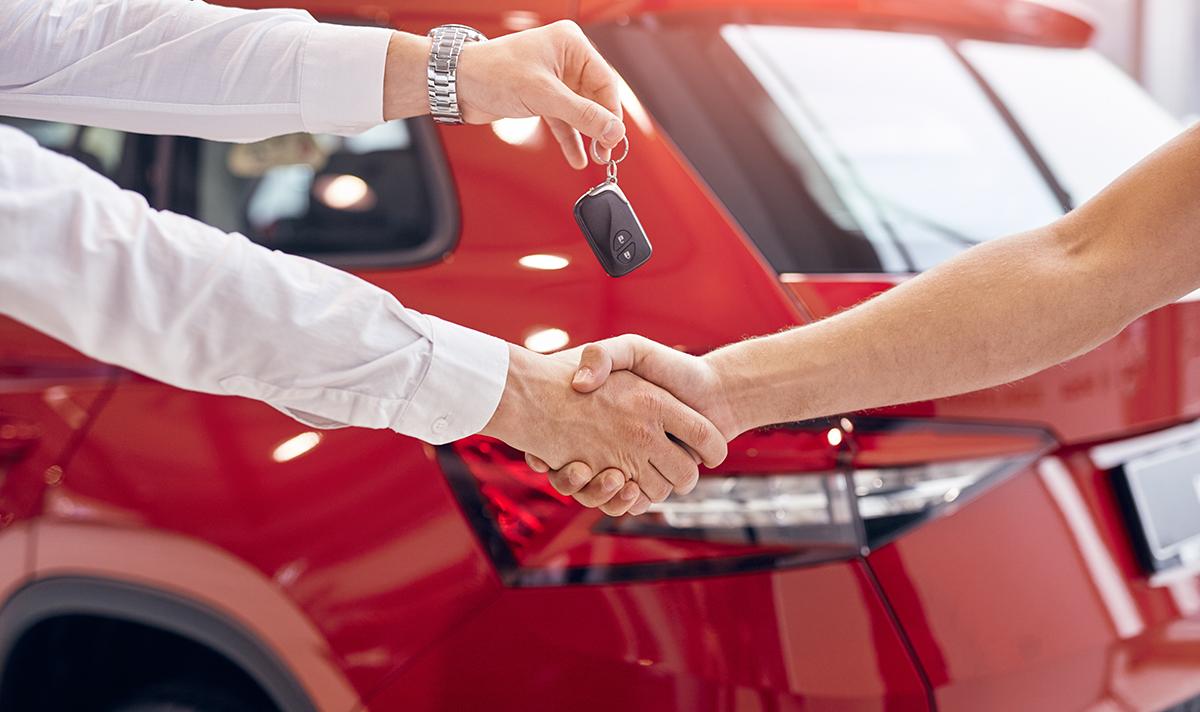
Choose from a wide range of cars on the DOMCar website
Photos: free images.google, Flickr


